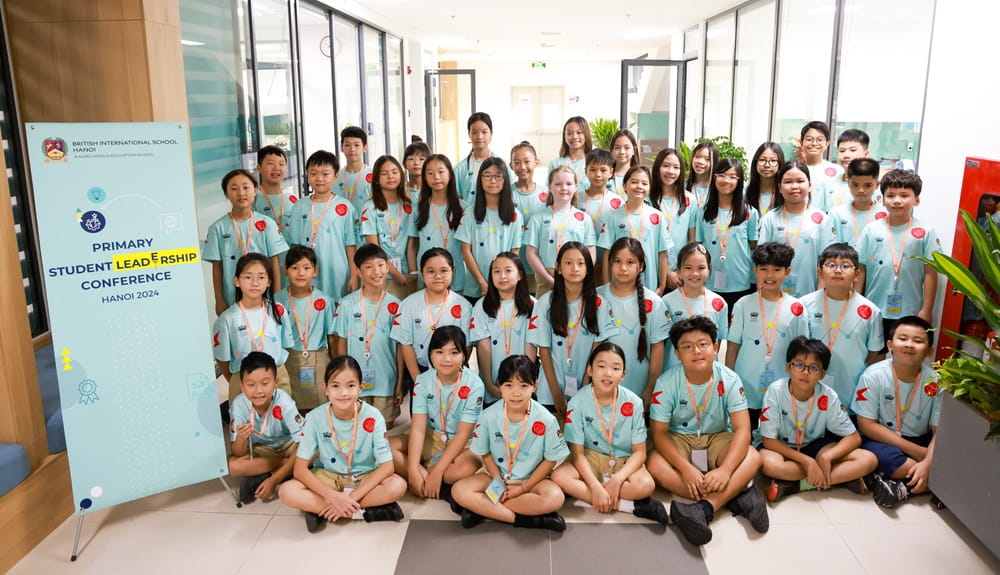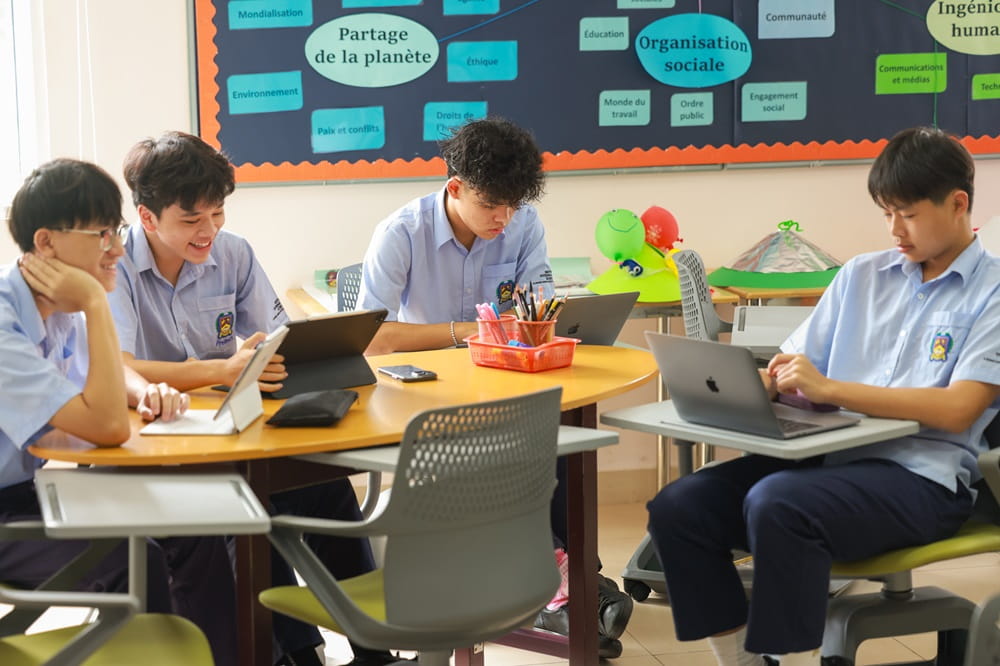Reporting and Assessment in Primary School
At BIS Primary, we value the importance of assessing and reporting on children’s progress in all areas of their development throughout the year. Following on from our initial Parent Teacher Meetings earlier this term where we shared the assessment data and targets from our INCAS assessments, we are now in the final stages of preparing our end of term reports for parents.
At BIS Primary, we value the importance of assessing and reporting on children’s progress in all areas of their development throughout the year. Following on from our initial Parent Teacher Meetings earlier this term where we shared the assessment data and targets from our INCAS assessments, we are now in the final stages of preparing our end of term reports for parents.
This looks different in our EYFS classes and Primary classes and focuses on the key areas of learning for each specific year group. Throughout the term, our teachers have used formal and informal methods to assess the children’s progress. You can read more about our assessment process across the school here. At the end of the term, we look at all of this data and report on the children’s effort and attainment in the subject areas.
We look forward to sending you a digital copy of your child’s end of term report, via email, on the final day of this term.
Primary:
In Primary, we will report to you on your children’s effort and attainment in reading, writing, maths, computing/STEAM, MFL, Vietnamese, music and PE.
Attainment is graded on 4 different levels.
|
Supported
|
|
Developing
|
|
Independent
|
|
Exceeding
|
These are end of year expectations, based on the curriculum assessment statements and teacher assessment. At the end of the academic year, we strive for our children to achieve Independent as their attainment.
Effort is also graded on 4 different levels.
|
*
|
Poor
|
|
**
|
Satisfactory
|
|
***
|
Good
|
|
****
|
Excellent
|
These levels are from 1-4 stars, with 4 stars being the highest.
In addition, the class teacher will write an individualised written general comment where they will discuss how the child has settled, their academic progress in the core subject areas, their social and personal development and behaviour and attitude towards learning. This written comment is the most important part of the report and will tell summarise your child’s overall progress this term.
At the end of the report, you will find 3 key targets for your child to develop next term in reading, writing and maths.
If your child attends EAL (English as an Additional Language) lessons or Learning Support lessons, they will also receive a written report from their teacher.
Early Years Foundation Stage:
In F1-F3, the class teachers will also write an individualised written general comment where they will discuss how the child has settled, their academic progress in the learning areas, their social and personal development, friendships, behaviour and attitude towards learning.
Our younger children will not receive effort and attainment grades. In place of this, parents can view all of the learning observations that teachers have provided on the Evidence Me app throughout the term. These observations will show you the key objectives the children have been learning in each specific learning area.
Follow-up from the reports:
At the beginning of Term 2 (January 11th-14th) we will have another round of Parent Teacher Meetings for all children from F1-Y6 where parents can discuss the reports with their class teachers. Our teachers will explain their new learning targets for the term and find out ways in which they can help at home.
Darragh Shanahan
Assistant Head of Primary





